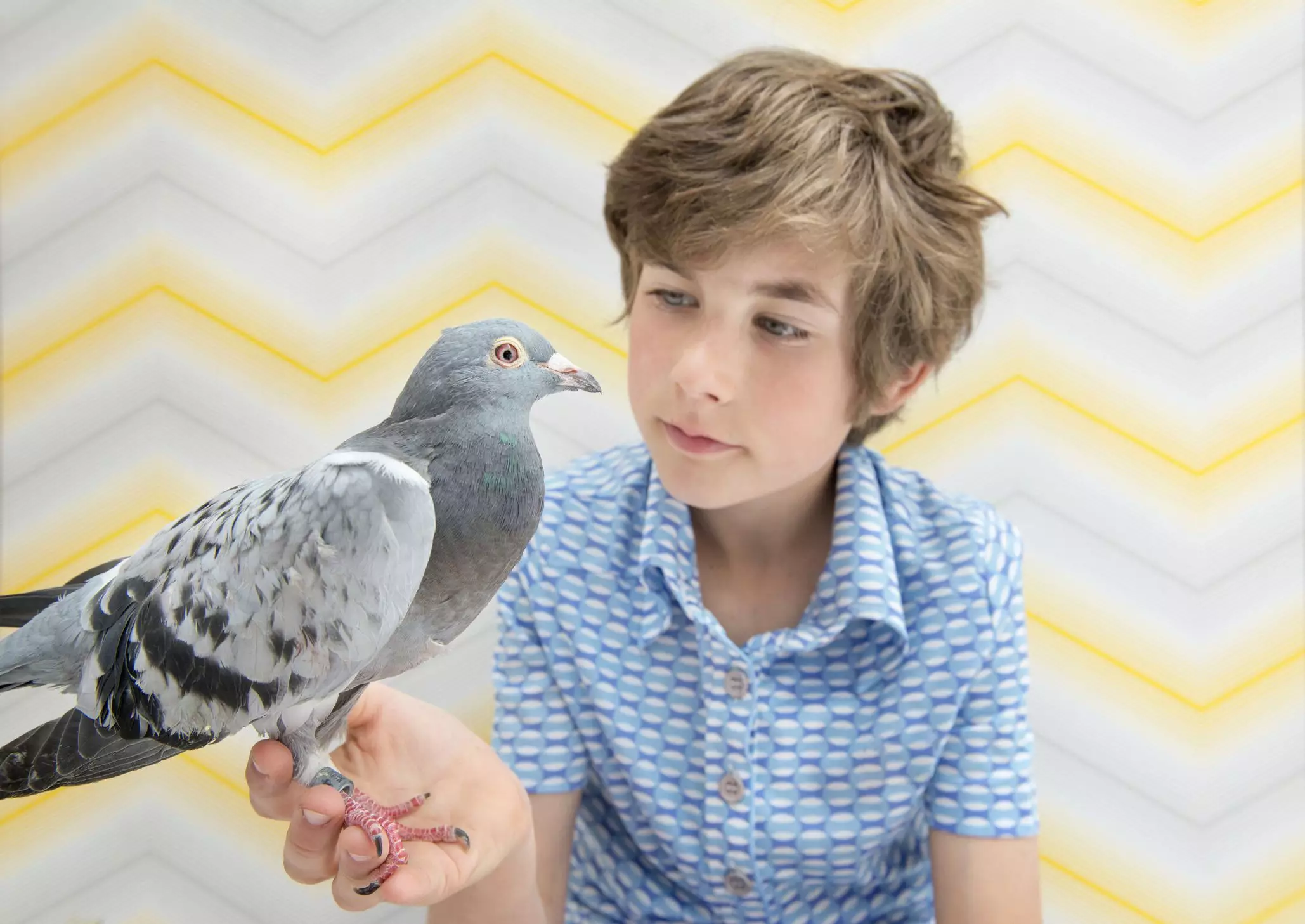Pigeons are often celebrated as delightful companion animals, and for good reason. These stout, short-legged birds have ingrained themselves into the human world, providing companionship while also being a part of various cultural traditions. However, their popularity as pets brings with it a hefty responsibility—namely, knowledge about their health challenges and needs. This article will explore some common diseases affecting pigeons, focusing on their prevention, symptoms, and treatment options to ensure these delightful birds thrive under human care.
Pigeons, like many domestic animals, are at risk of a variety of ailments that can manifest as a host of symptoms, including respiratory distress, gastrointestinal issues, and systemic infections. As a responsible pet owner, it is crucial to recognize the indicators of common diseases in pigeons so that timely intervention can be sought. Among the more pervasive diseases encountered in pigeons are canker, coccidia, worms, and respiratory infections, each presenting distinct challenges and requiring specific care approaches.
Canker, caused by a protozoan parasite known as Trichomonas gallinae, primarily affects the throat, where it creates nodules that lead to significant breathing difficulties in infected birds. While the organism responsible for canker cannot survive long outside of its host, its transmission can occur rapidly, especially through shared food or water sources. Symptoms such as labored breathing, weight loss, and lethargy may be observed as the infection progresses. Treatment options include medicated solutions prescribed by veterinarians, and in severe cases, surgical removal of growths may be necessary. For pigeon owners, maintaining clean feeding and drinking areas can significantly reduce the chances of a canker outbreak.
Pigeons are also susceptible to various intestinal parasites, including roundworms and tapeworms. These parasites thrive within the digestive system, leading to severe consequences such as diarrhea and malnutrition. Given their natural curiosity, pigeons often ingest insects or contaminated droppings, making them easy targets for infection. Regular fecal exams are suggested as part of a comprehensive health check, enabling early detection. Treatment typically involves deworming medications that can be administered through the pigeon’s drinking water.
Another parasite of concern for pigeon owners is coccidia, a microscopic organism that affects the intestines and can cause severe diarrhea, lethargy, and nutrient absorption issues. Unlike canker, coccidia may be present in small amounts without causing harm, but elevated levels necessitate treatment to prevent more extensive health issues. Routine fecal testing helps identify parasitic imbalances, with appropriate veterinary intervention being necessary when symptoms present themselves.
Respiratory infections rank among the most significant dangers threatening pigeon health. These infections can stem from a variety of pathogens, including bacteria, fungi, and viruses. Signs such as open-mouth breathing, discharge from the nose or mouth, lethargy, and loss of appetite are alarming indicators that prompt immediate veterinary consultation. Prevention is key here; maintaining optimal housing conditions that reduce stress and contamination is essential for keeping respiratory infections at bay. Regular cleaning, paired with environmental adjustments to minimize stress factors, can assist in ensuring your pigeons maintain good respiratory health.
In addition to internal parasites, pigeons can suffer from an assortment of external parasites like mites, lice, and flies. These pests not only cause physical discomfort through biting and irritation but can also facilitate the transmission of diseases. Symptoms such as feather loss, scabs, or excessive grooming behavior should lead owners to investigate the presence of external parasites. The use of medicated sprays or powders can effectively tackle infestations, allowing pigeons to regain comfort in their surroundings.
In all cases of illness, consulting a knowledgeable veterinarian is crucial. A veterinarian can tailor health management plans according to each pigeon’s specific needs and address individualized concerns. Regular health check-ups, disease screenings, and implementing preventive measures are essential to promote a long and healthy life for pet pigeons. Awareness of potential illnesses, along with timely veterinary intervention, empowers pigeon owners to safeguard the health of their feathered companions.
The joys of keeping pigeons as pets come with the responsibility of ensuring their well-being. Knowledge about their health threats, prevention strategies, and treatment options can make a world of difference. With proper care and attention, pigeon owners can cultivate thriving, happy avian companions for years to come.

